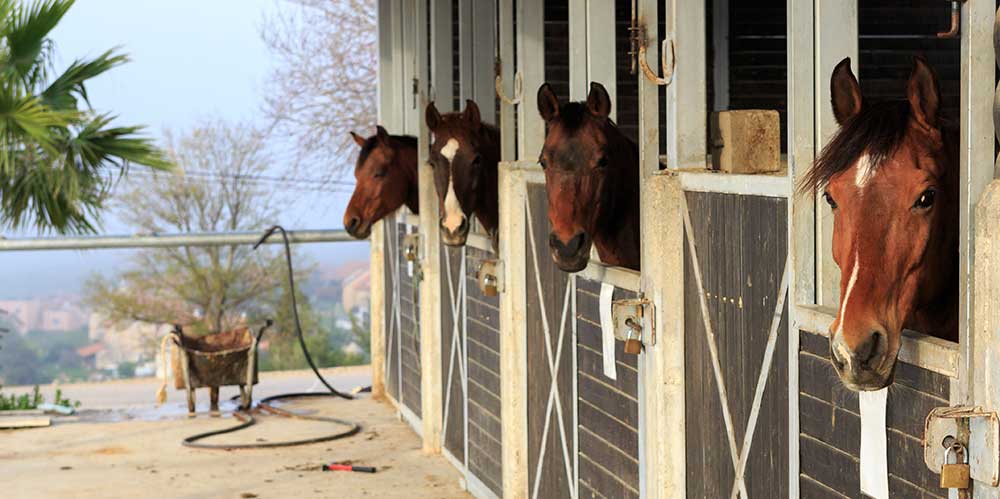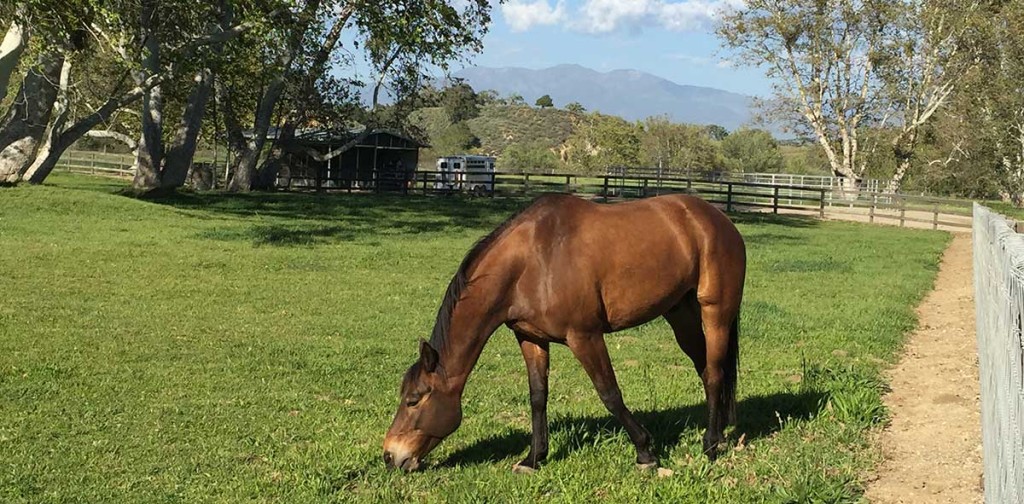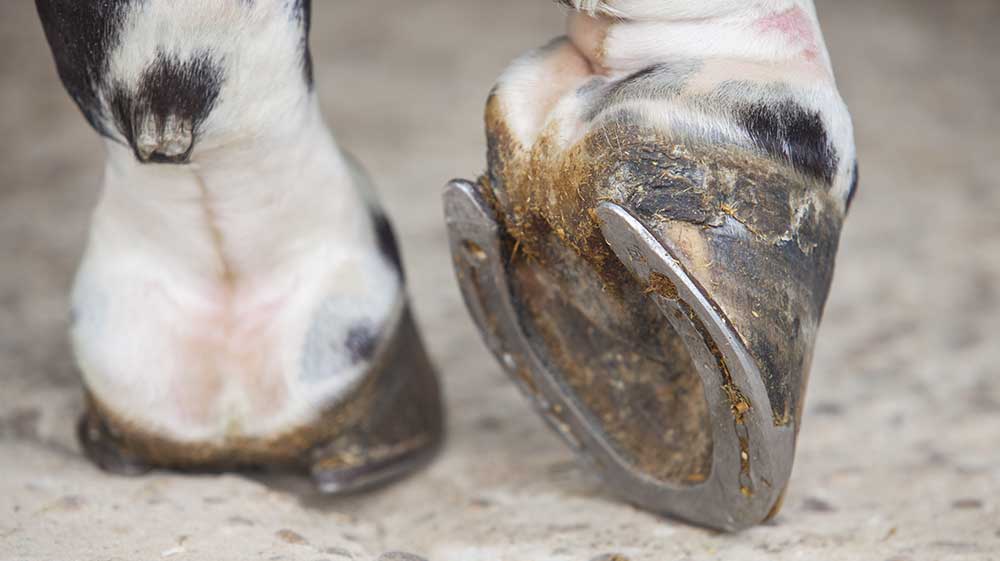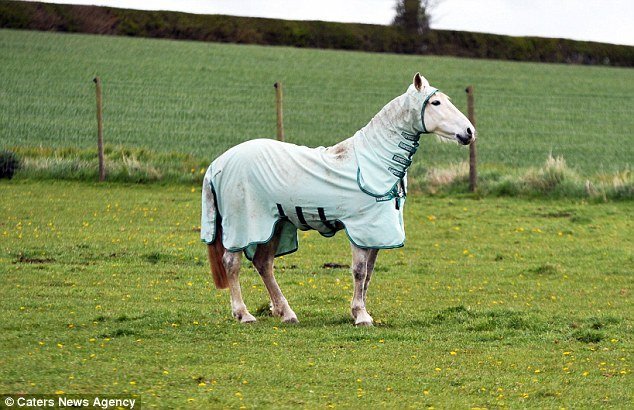Your feed has what in it?
So you do a bunch of research into Protein levels, you’re concerned about starch levels and you have a pretty good idea of what is in your hay – does that sound like you? Alternatively you were at a show and this very nice sales person told you all the reasons why their bagged feed addresses everything you need and all the other feeds are rubbish. There are any number of reasons why you are feeding a particular product but I am willing to bet that 99 times out of a 100 when you actually try to figure out what is in the feed from the label, you will be struggling.
Continue reading





